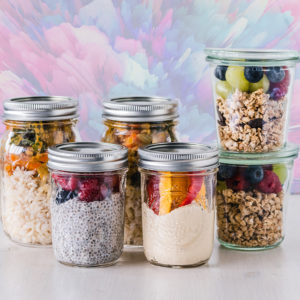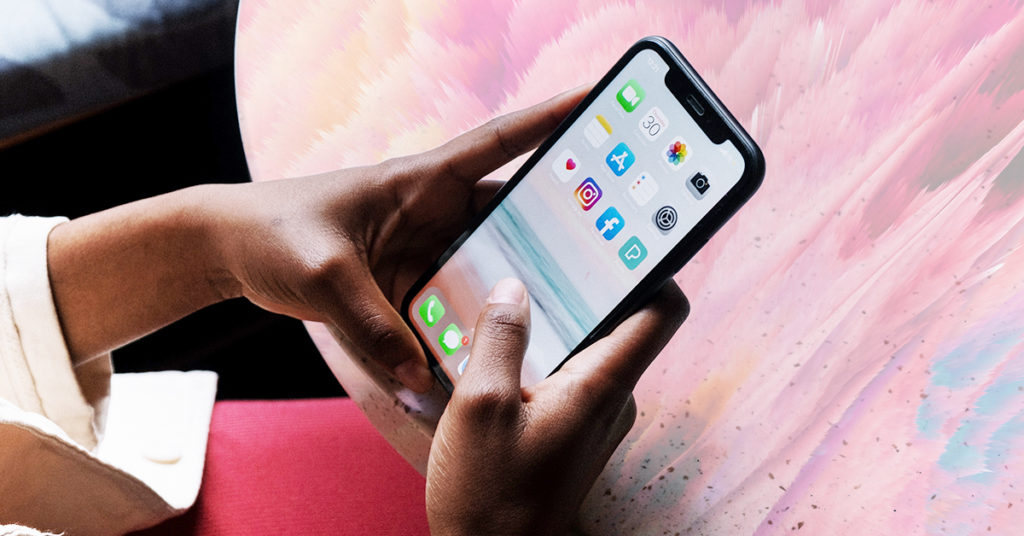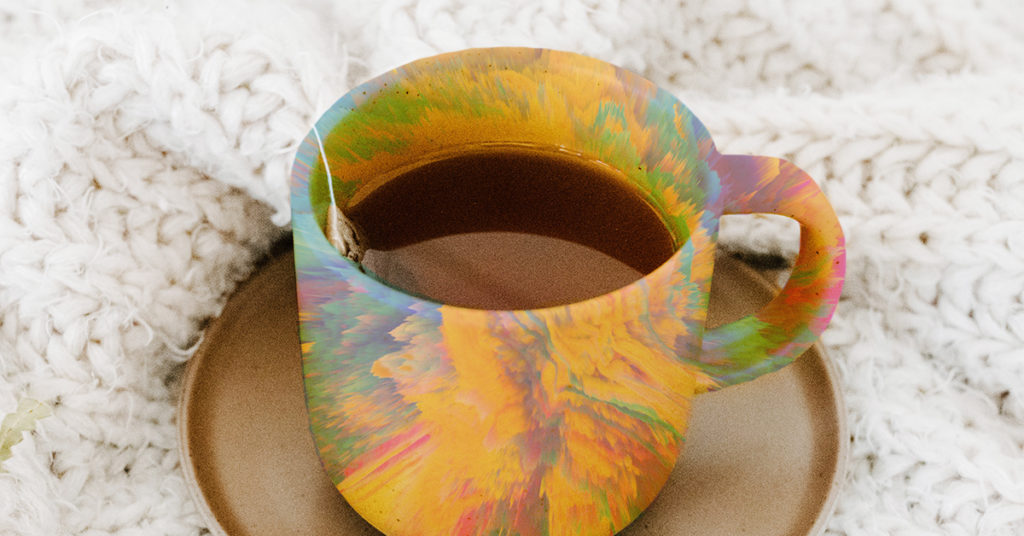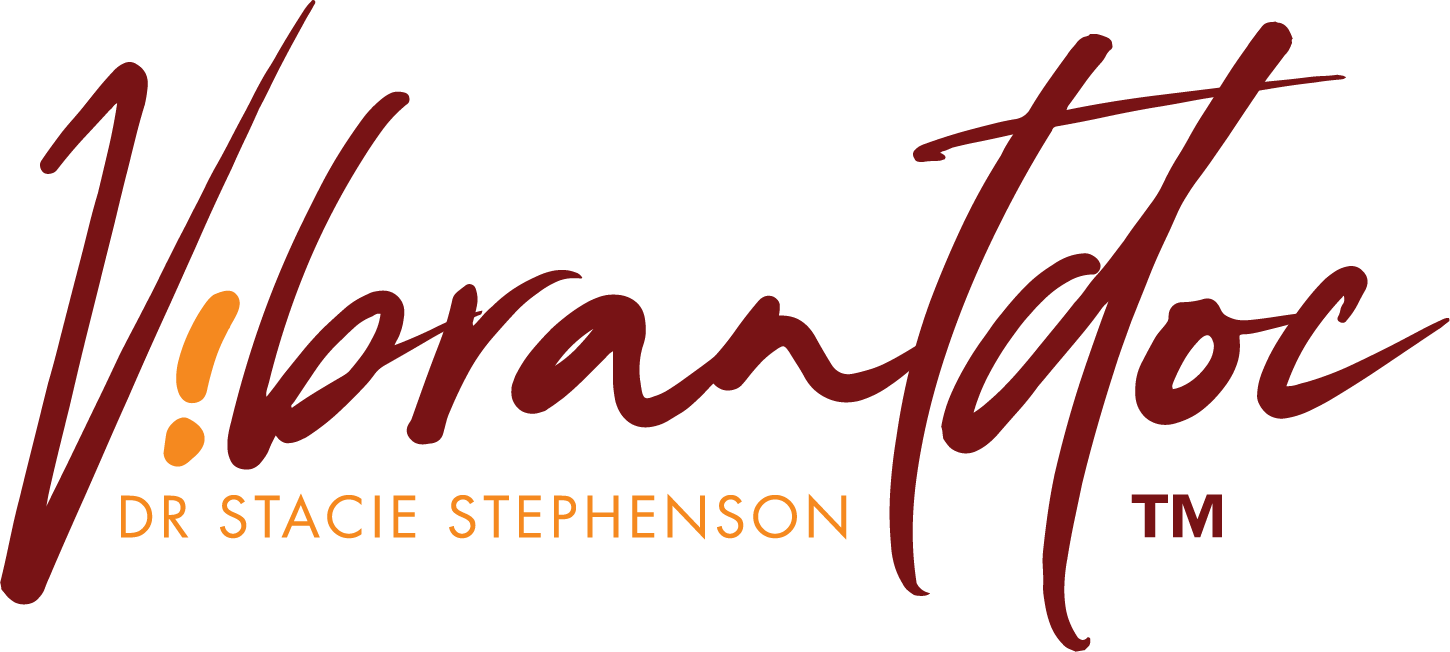Sleep is one of the most important bodily functions for getting rid of metabolic waste products, healing and rebuilding the body, consolidating memories, and maintaining our physical as well as psychological wellness. Yet, a process so central to so many beings on this planet can feel frustratingly elusive. There are many reasons for sleep difficulties. Stress an cause insomnia and compromise sleep quality, as can chronic pain and sleep apnea. What you had for dinner (and when) can affect your sleep. How much exercise you got during the day, how much time you spent sitting, how calm you felt, how happy you were, how much mental effort you exerted, and how much time you spent looking at a computer screen, a television, and your smartphone, all influence sleep quality. Other known influences are pain, relationship issues, air quality in the room, having exercised too late, and feelings of depression and/or anxiety.
 How does a lack of sleep affect you? Unfortunately, the price we pay for poor sleep is a big one. The day after a poor-quality sleep, or after not getting enough sleep, can be rough. Nobody wants to hear those dreaded words: “You look tired,” but if you haven’t slept well, you probably will look tired, puffy, with dull skin and a weary expression. You may also have a harder time focusing on work, concentrating, and being creative, and are likely to perform more poorly at work or in school. You’ll have a harder time remembering things, and you may not have the energy or motivation to exercise, which could exacerbate the problem. And chances are, you’ll crave junk food.
How does a lack of sleep affect you? Unfortunately, the price we pay for poor sleep is a big one. The day after a poor-quality sleep, or after not getting enough sleep, can be rough. Nobody wants to hear those dreaded words: “You look tired,” but if you haven’t slept well, you probably will look tired, puffy, with dull skin and a weary expression. You may also have a harder time focusing on work, concentrating, and being creative, and are likely to perform more poorly at work or in school. You’ll have a harder time remembering things, and you may not have the energy or motivation to exercise, which could exacerbate the problem. And chances are, you’ll crave junk food.
Multiple studies have demonstrated an association between sleep deprivation and a decrease in the brain’s ability to make good choices when it comes to food. Poor sleep significantly increases the desire for high-calorie comfort foods, even though, according to one study, it doesn’t change blood sugar. Part of the influence is likely hormonal, as sleep deprivation increases the stress hormone cortisol, as well as ghrelin, the hunger hormone, while decreasing leptin, the hormone that signals you’ve had enough food. Other studies suggest that we desire food more because sleep deprivation triggers a hedonic response, which is the urge to eat just for pleasure, separate from physical hunger or needing food for energy. Sleep deprivation also compromises the ability to objectively monitor food intake, and has also been associated with weight problems. As one study put it: “Epidemiological evidence supports a link between sleep loss and obesity.”
 When you don’t get enough sleep over time, the damage is cumulative. You may reduce your life quality, increase your risk of accidents and injury, significantly degrade your health, and even shorten your lifespan.
When you don’t get enough sleep over time, the damage is cumulative. You may reduce your life quality, increase your risk of accidents and injury, significantly degrade your health, and even shorten your lifespan.
How can you head off all these undesirable scenarios and get a good, sound sleep, with enough hours, and enough time in both REM (dream) sleep and healing, detoxifying deep sleep?
Here are my best tips for improving your sleep, starting tonight:
- Eat Better Foods for Better Sleep:
Some foods will keep you awake, especially if you eat too much or too close to bedtime. Digesting any food while sleeping will compromise sleep quality because your body is already multi-tasking. That added job of also digesting while trying to detox and heal complicates and confuses the body, which doesn’t expect to be digesting food after dark. High-fat foods are especially impactful because they are the most difficult to digest, so keep any nighttime snack light and low fat. There are, however, foods you can choose for your last meal of the day that are rich in melatonin, a hormone your pineal gland makes that can help to signal your body that it’s time to sleep. The most melatonin-rich foods include eggs, salmon, pistachios, mushrooms, legumes (especially lentils and kidney beans), rice (especially black and red rice), oats, strawberries, and tart cherries. A melatonin supplement may also help. - Create a Sleep Haven:
Even with the lights out, your brain knows if your bedroom is messy, cluttered, dirty, or filled with things that have nothing to do with a peaceful sleep, like computers or junk that you are stashing out of view. Dedicate a weekend to cleaning, straightening, organizing, and beautifying your sleep space. Consider adding an air purifier, fresh bedding, blackout curtains, and fresh flowers. It really does make a difference in how relaxed you feel as you drift off.
- Go Low Tech for Higher Quality Sleep:
The blue light from computer, television, and mobile phone screens signals your pineal gland that it’s daytime, so it may not sufficiently release sleep-inducing melatonin in the evening. If you can, avoid all screens at least an hour or two before bedtime. Go analogue by reading, listening to music, or having relaxing conversations instead of scrolling through your social media. If you must look at your phone, be sure it is switched to night mode, which filters out the blue light. - Head Off Stress Insomnia:
A stressful day can lead to a stressful night, but chronic stress, resulting in too much circulating cortisol, can lead to chronic insomnia. To break this destructive feedback loop, try adding some targeted stress-management activities in the hour before bed. I recommend deep breathing, pleasant meditation (like visualizing a peaceful place), gentle stretching, a warm bath, hot tea, and avoiding stressful or disturbing movies, shows, websites, or conversations. If you find you can let the stress go, make a list before dinner of everything you need to deal with tomorrow, then put it on your desk. Compartmentalize those concerns for the daylight hours. Then, focus all your resources on peace and relaxation before you go to sleep. - Turn in Earlier for More Deep Sleep:
You get most of your deep sleep in the first half of the night, so when you go to bed too late, you may miss out on sufficient deep sleep. Deep sleep is extremely important for health. During deep sleep, your body clears out waste from cells and from the brain. It repairs damage via the secretion of human growth hormone from the pituitary. It refreshes your immune system, restores insulin sensitivity, and gives your mitochondria some much-needed energy for creating more ATP, which will translate to more energy for you in the morning. Try to have lights out by 10 or 11 at the latest, to maximize detoxifying, healing deep sleep. - Sleep Longer to Get More REM Sleep:
Because your body prioritizes deep sleep due to the necessity for detoxifying and healing, you may short yourself on REM sleep if you don’t sleep long enough. That’s no good because while deep sleep restores you physically, REM sleep restores you mentally. REM sleep helps improve your memory and you might even say it makes you smarter, but too little could contribute to cognitive problems, as well as depression and anxiety. Aim for 7 to 9 hours on most nights.
- Try Natural Sleep Remedies:
My favorite natural herbal sleep remedies also target anxiety, which is a primary reason why many people have trouble sleeping. These include passionflower tree, valerian root (which also treats perimenopausal anxiety), gingko biloba (great for your brain), magnesium glycinate, lavender essential oil, and good old reliable chamomile tea.


